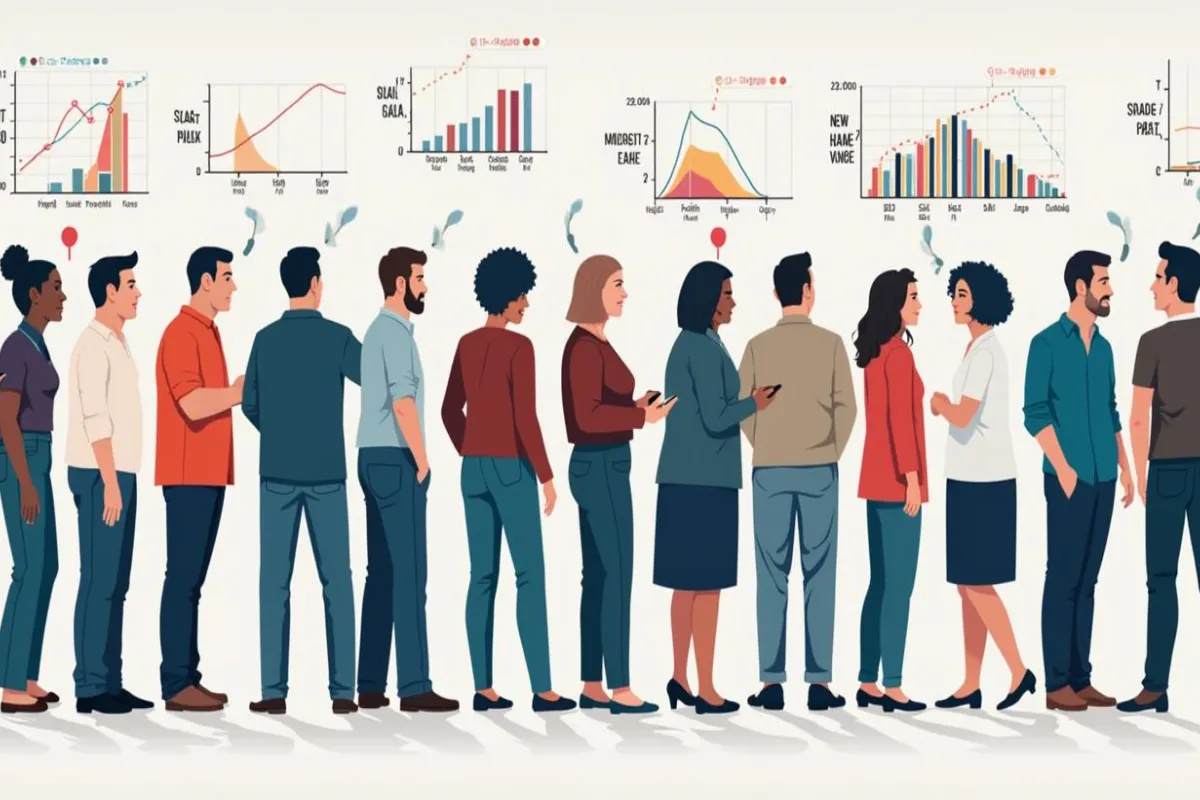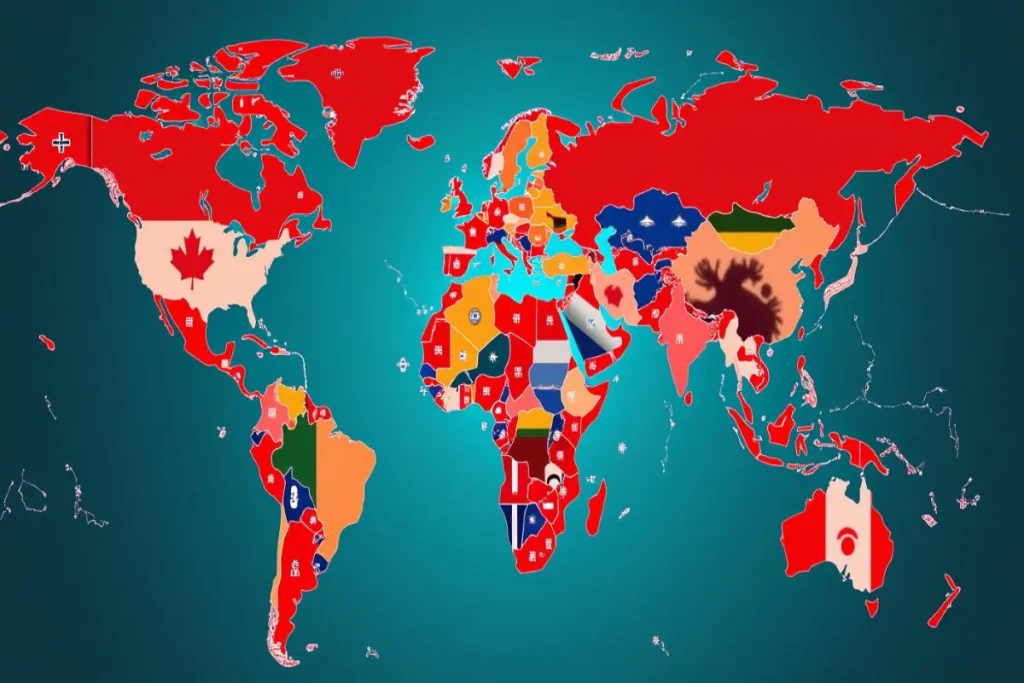Global Elections – Setting the Stage for 2025
As the year 2025 approaches, the political landscape is being shaped by critical elections across the globe. From Europe to Africa, voters are gearing up to make decisions that will define their nations’ futures. These elections hold the potential to alter international relations and domestic policies significantly.
Key countries like the United States, India, and South Africa are preparing for pivotal votes. Political analysts are closely watching how these elections will influence global trade, climate agreements, and security alliances in the coming years.
Policy Shifts – Transforming Governance Worldwide
Major policy shifts are expected to accompany these electoral changes. Nations are rethinking strategies on economic reforms, renewable energy, and social welfare systems. Leaders are introducing bold initiatives to address the challenges of a rapidly changing world.
For instance, green policies are taking center stage in developed nations, with governments committing to stricter emission targets. In contrast, emerging economies are focusing on policies to foster industrial growth and innovation, striking a balance between development and sustainability.
United States – A Nation Divided
The 2025 U.S. presidential elections are expected to be one of the most polarized contests in recent history. With critical issues like healthcare reform, immigration, and climate change at the forefront, candidates are tailoring their campaigns to appeal to divided demographics.
The outcome will likely influence not only domestic policies but also international alliances. As the world’s largest economy, the U.S. plays a crucial role in shaping global trade policies and security frameworks.
India – Balancing Tradition and Progress
In India, the world’s largest democracy, upcoming elections will serve as a referendum on the current government’s performance. Economic policies, agricultural reforms, and urbanization plans are expected to dominate campaign debates.
As a rising global power, India’s policy shifts will have ripple effects on international trade, technology partnerships, and climate initiatives. Political observers are keenly analyzing the country’s evolving role on the global stage.

Europe – A Continent at a Crossroads
Several European nations are preparing for parliamentary elections in 2025, with far-reaching implications for the European Union. Key topics include immigration, energy policies, and economic integration, as leaders navigate a post-pandemic recovery.
Policy shifts within the EU will likely influence its relationship with other global powers, including China and the United States. The outcomes could redefine the bloc’s stance on pressing issues like digital governance and human rights.
Africa – Emerging Voices and New Leaders
Across Africa, 2025 marks a year of significant elections as several nations choose new leaders amidst calls for democratic reforms. Youth-led movements are gaining momentum, pushing for greater transparency and accountability in governance.
Policy shifts in Africa are also focusing on economic diversification and climate resilience. Leaders are introducing strategies to reduce dependency on natural resources and promote sustainable development across the continent.
Latin America – A Push for Stability
In Latin America, elections in 2025 are seen as an opportunity to restore political and economic stability. Nations like Brazil and Argentina are at the forefront, with campaigns focusing on social justice, anti-corruption measures, and environmental policies.
Policy shifts in the region are expected to prioritize poverty reduction and trade agreements. As these countries recalibrate their strategies, their roles in international forums will likely gain prominence.
Technology and Its Role in Modern Elections
Technology continues to revolutionize how elections are conducted, with digital platforms playing a critical role in voter engagement. Social media and AI-driven tools are shaping campaign strategies and providing insights into voter behavior.
However, concerns over cybersecurity and misinformation remain prevalent. Governments and organizations are working to establish safeguards to ensure transparency and trust in electoral processes.

Policy Shifts in Climate Governance
Climate change remains a focal point in policy shifts, with countries introducing ambitious targets for carbon neutrality. The 2025 agenda includes enhanced international collaboration on renewable energy projects and climate finance.
Developing nations are advocating for equitable policies, urging richer countries to provide financial and technological support. These shifts highlight the urgency of addressing climate-related challenges on a global scale.
The Global Implications of 2025 Decisions
The elections and policy changes of 2025 will have profound implications for global stability and prosperity. As nations redefine their priorities, the balance of power is likely to shift, creating both opportunities and challenges.
International organizations and alliances must adapt to these changes, ensuring that global policies reflect shared values and objectives. The decisions made in 2025 will undoubtedly shape the course of the next decade.
Conclusion
The year 2025 promises to be transformative, marked by significant elections and groundbreaking policy shifts. From climate action to economic reform, the choices made by global leaders will define the trajectory of the international community. Staying informed on these developments is essential for understanding their far-reaching impact.
Frequently Asked Questions
- What makes the 2025 elections significant?
- The 2025 elections are pivotal as they will shape global policies on climate, trade, and governance for years to come.
- Which countries are holding major elections in 2025?
- Key countries include the United States, India, South Africa, and several European and African nations.
- What are policy shifts?
- Policy shifts refer to significant changes in government strategies, often addressing pressing issues like economy, environment, and social reforms.
- How will policy shifts impact global trade?
- New policies may alter trade agreements, affecting tariffs, supply chains, and international market dynamics.
- What role does technology play in elections?
- Technology enhances voter engagement, campaign strategies, and election security but also raises concerns about misinformation.
- How will climate policies evolve in 2025?
- Countries are likely to adopt stricter carbon reduction targets and collaborate on renewable energy initiatives.
- What are the risks of political polarization in 2025?
- Polarization can lead to gridlocks in governance and reduced international cooperation on critical issues.
- How are youth movements influencing elections?
- Youth-led initiatives are pushing for transparency, climate action, and inclusive policies in many nations.
- What challenges do developing nations face in policy shifts?
- Developing countries often struggle with limited resources and external pressures while implementing policy changes.
- How can individuals stay informed about elections and policy shifts?
- Following reliable news outlets, government announcements, and expert analyses are key to staying updated.



